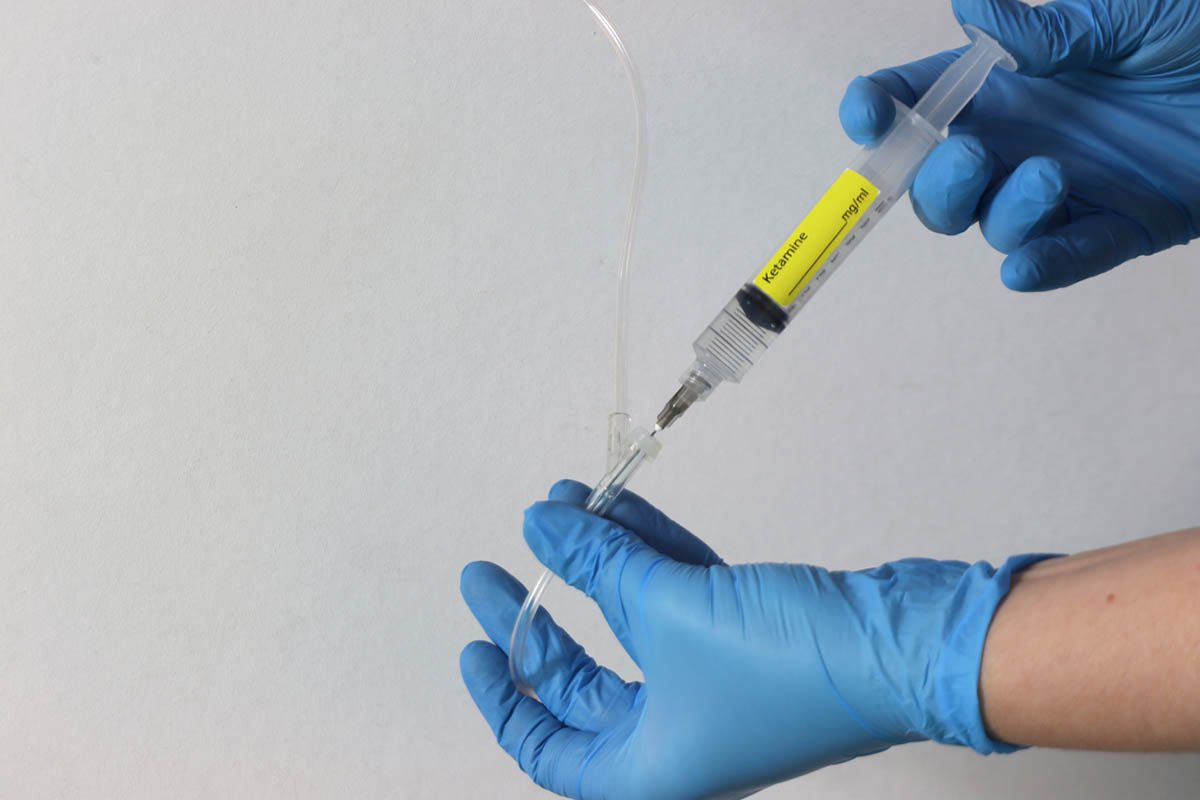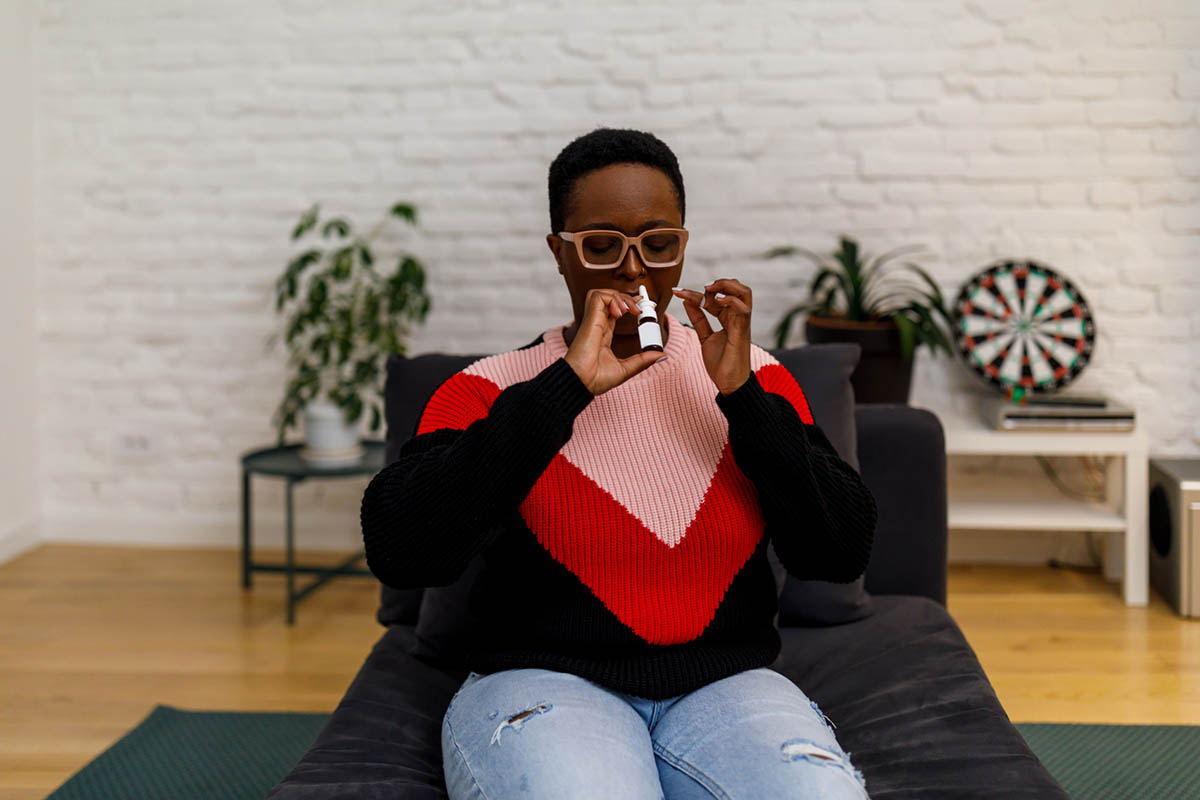Background: Studies have reported that ketamine potentially increases subjective happiness in healthy volunteers. However, whether ketamine-induced happiness can predict the treatment response of ketamine infusion among patients with treatment-resistant depression (TRD) remains unknown.
Methods: Between 2012 and 2015, 71 adult patients with TRD (based on DSM-IV-TR criteria) were enrolled and randomly assigned to receive a 40-minute ketamine (0.5 mg/kg or 0.2 mg/kg) or normal saline placebo infusion. Depressive symptoms were measured using the 17-item Hamilton Depression Rating Scale. Measurements were conducted prior to infusion, at 40 and 240 minutes postinfusion, and, sequentially, on days 2 to 7 and 14 postinfusion. The visual analog scale for happiness (VASH) was used to assess happiness during infusion. The positive symptoms subscale of the Brief Psychiatric Rating Scale (BPRS-P) was used to measure the potential psychotomimetic effects of ketamine.
Results: For both the 2-factor (ketamine vs placebo) and 3-factor (ketamine 0.5 mg/kg vs 0.2 mg/kg vs placebo) models, a generalized estimating equation model indicated that infusion response type (happiness vs nonhappiness) significantly (P = .008 vs P = .002) predicted the trajectory of depressive symptoms after infusion. Changes in VASH and BPRS-P measures were not associated with each other.
Conclusions: Subjective happiness during ketamine infusion predicted the antidepressant effect of both 0.5 mg/kg and 0.2 mg/kg ketamine infusion over time. Happiness during ketamine infusion, which was not related to the psychotomimetic effect of ketamine, may be associated with the reduction of depressive symptoms during the follow-up.
Trial Registration: UMIN Clinical Trials Registry registration number: UMIN000016985
Members Only Content
This full article is available exclusively to Professional tier members. Subscribe now to unlock the HTML version and gain unlimited access to our entire library plus all PDFs. If you're already a subscriber, please log in below to continue reading.
Please sign in or purchase this PDF for $40.00.
Already a member? Login





